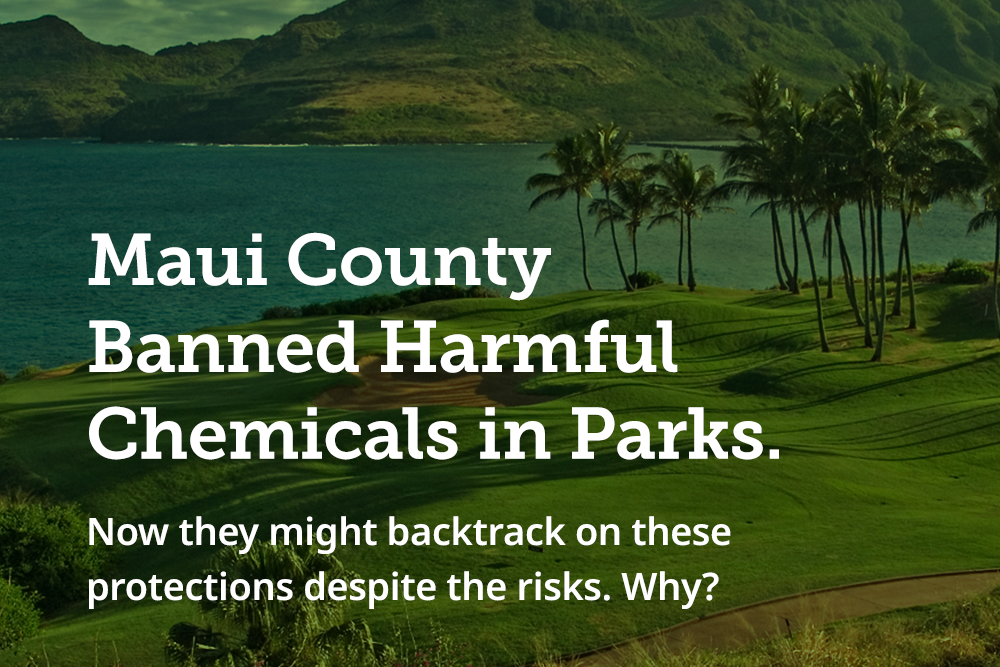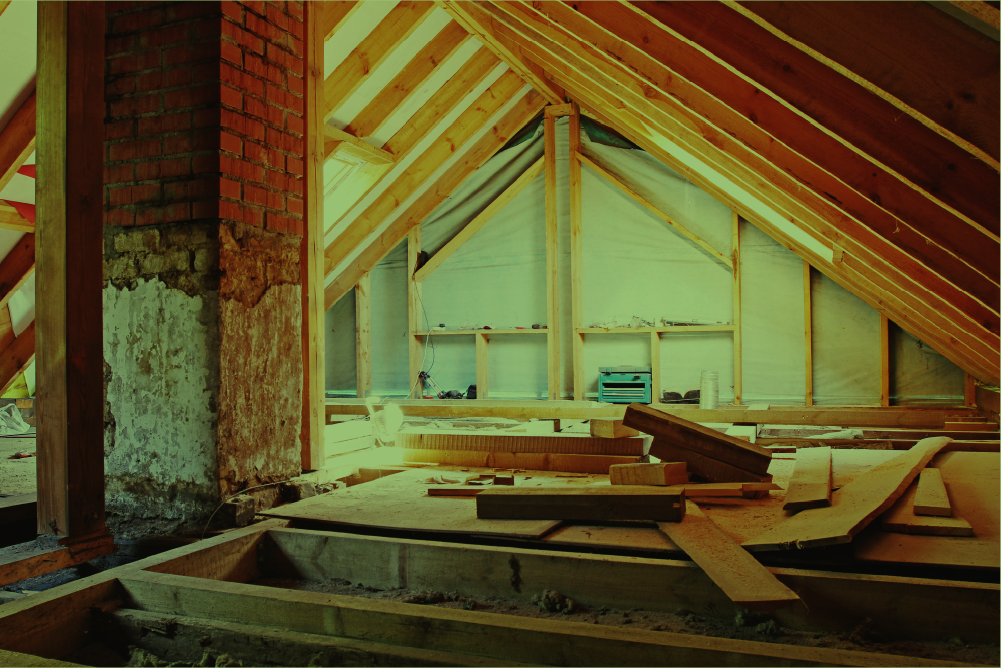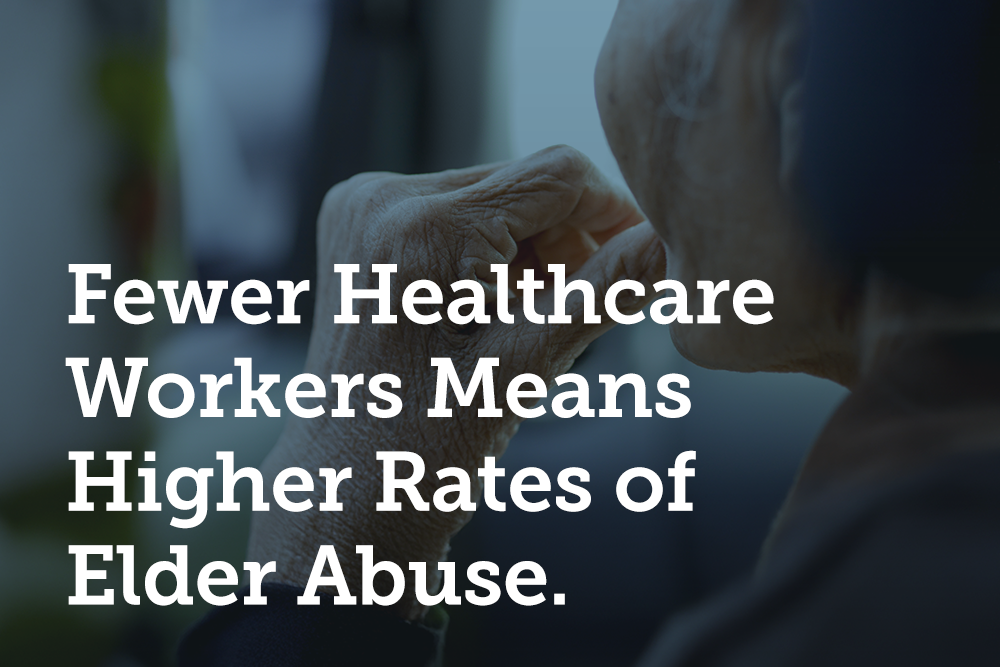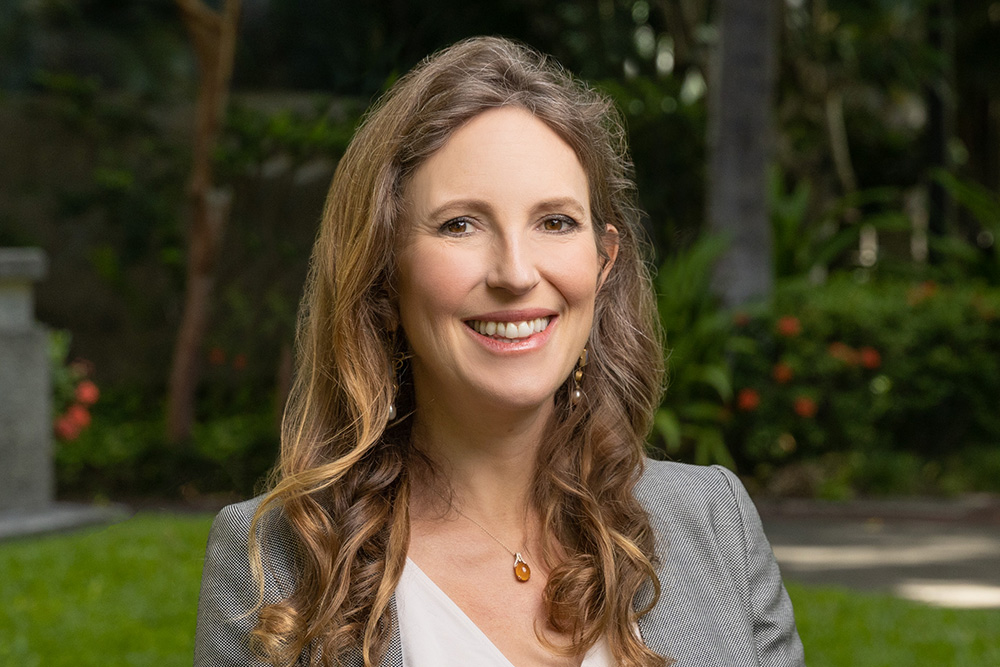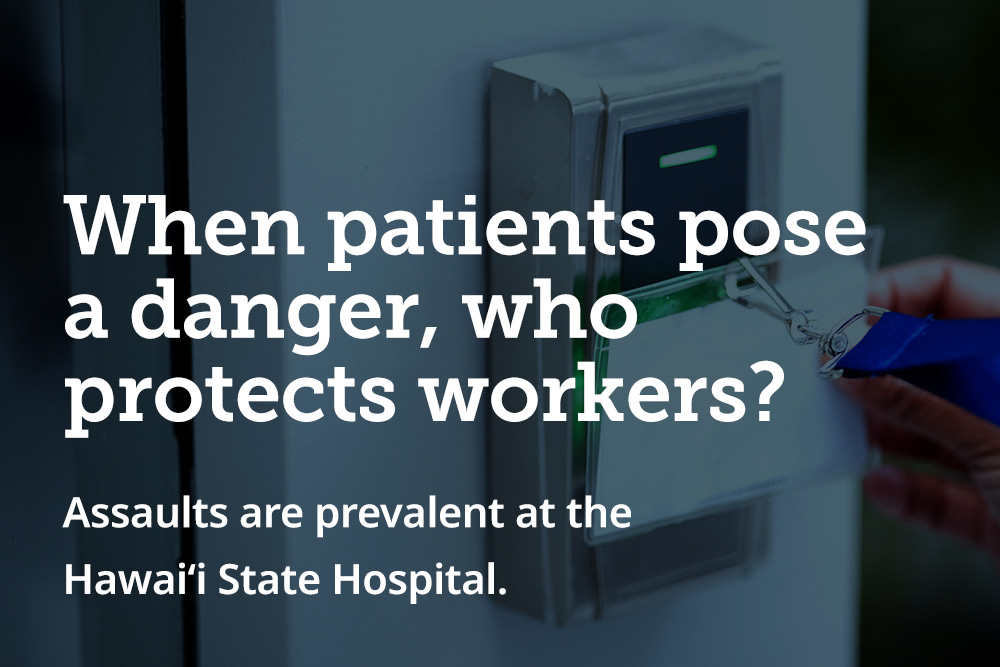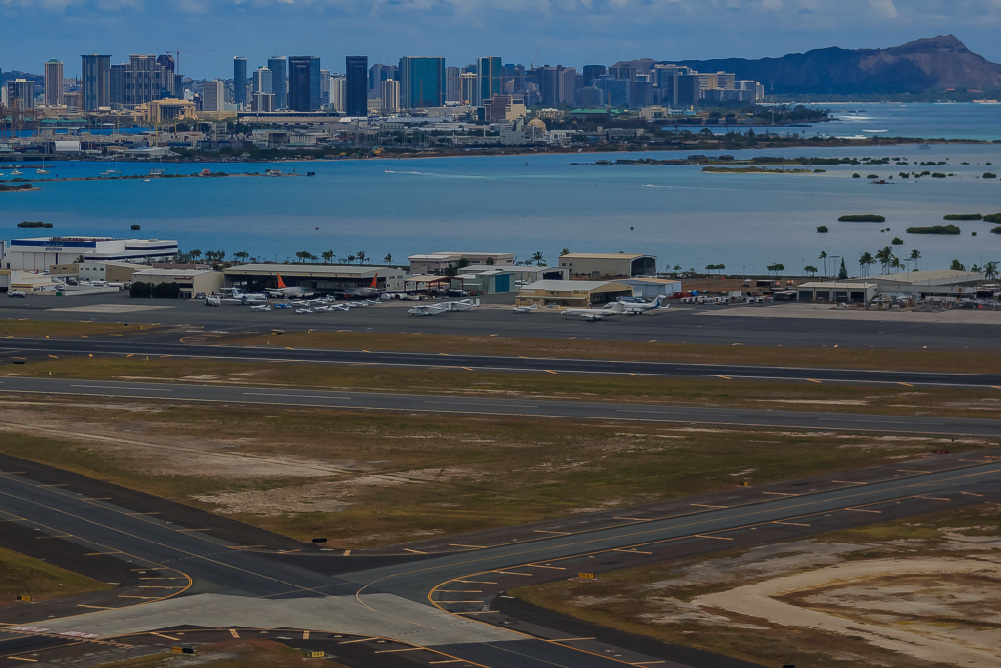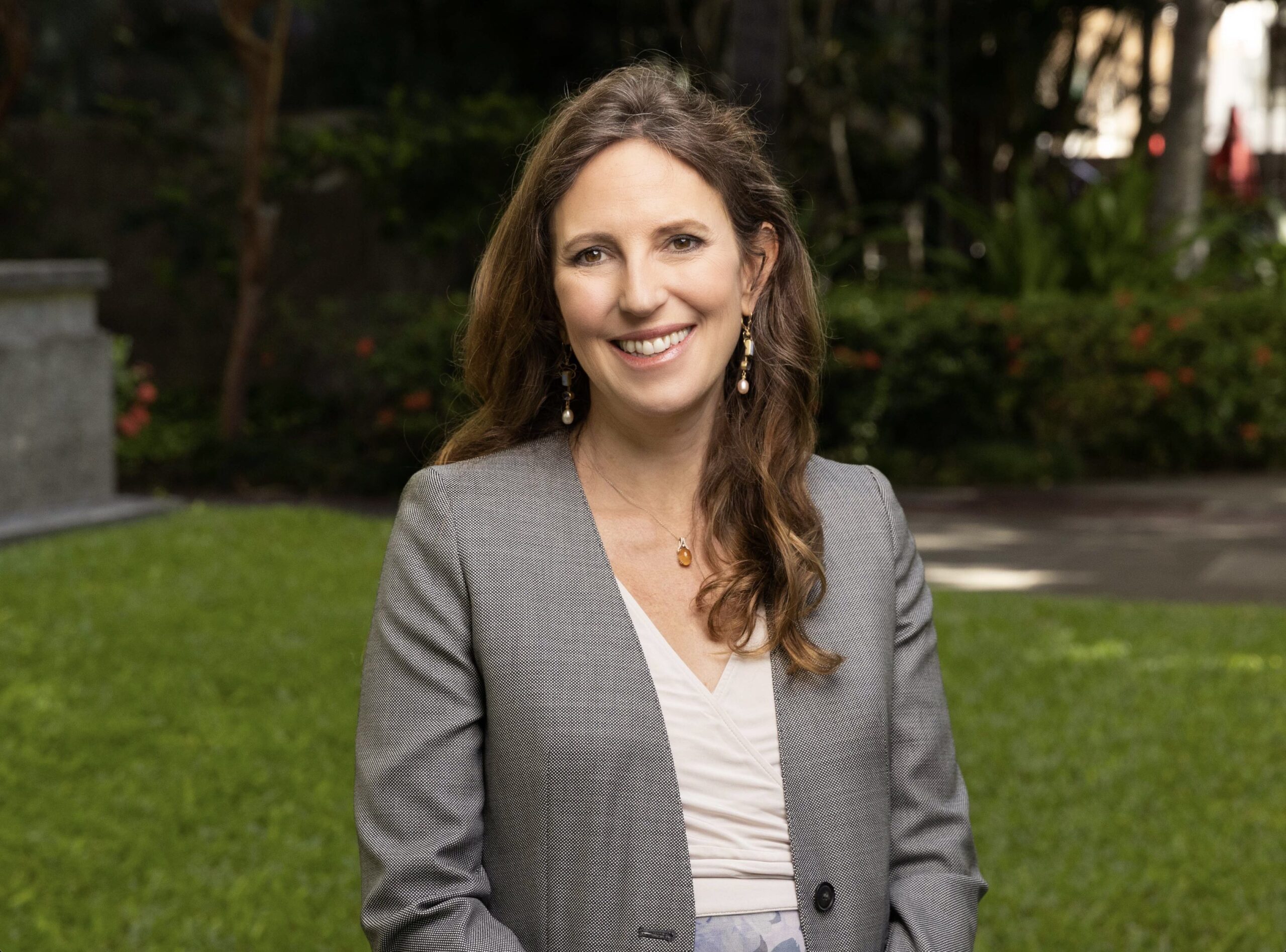
Like her longtime Maui neighbors, Galiher DeRobertis & Waxman Managing Partner Ilana Waxman was on edge on the morning of August 8. Massive fires had been spotted near her Upcountry home, and her eldest daughter’s school was canceled as a precaution. Homes had already been lost in Kula. As the destruction and devastating loss of life in Lahaina became apparent, she set to work helping with immediate needs of the survivors. As an experienced mass tort attorney who was born and raised on Maui, Waxman found herself in a position to provide legal assistance to survivors as they work to rebuild and preserve their unique community and way of life.
Since the fire, Waxman has been working closely with the Hawai’i State Bar Foundation, where she is the chair of the Grants Committee, as well as the Hawai’i State Bar Association and the Hawai’i Association for Justice to raise funds, provide a wide range of legal assistance, and identify and develop long term public policy and legal solutions. We caught up with Waxman to discuss the legal challenges and opportunities facing survivors.
Where were you when you learned about the fires and realized the magnitude of the tragedy facing Lahaina?
We quickly heard about friends and neighbors who had lost their homes and the massive loss of life. Maui is a small community — everyone knows someone who has been directly impacted. We heard terrifying stories from longtime friends who barely made it out with their lives. Our neighbor’s son-in-law is a Lahaina firefighter who lost his home. Other families’ friends were among the missing. It quickly became clear that thousands of people had lost their homes and possessions and urgently needed food, shelter and basic necessities.
What kinds of needs were there in the initial days after the fire?
I think everyone on the island went out to Costco or Target and started buying supplies — water, canned goods, diapers — anything they could think of. When the roads around Lahaina opened up, I went out to staff a volunteer table providing legal assistance.
Because the destruction was so vast, there were all kinds of legal issues that you might not think of initially. Emergency housing and mortgage relief were the biggest needs, but we had people coming to the table saying things like, “I’m divorced with joint custody. I lost my home and my job and may have to leave the island. I don’t want to lose custody.”
There continue to be employment issues, property damage claims, injuries — there’s just an enormous need for legal assistance on many different levels. To complicate things even further, a lot of free services are provided through legal aid associations, but they have small staffs that are not equipped to handle the volume of need on Maui. These non-profit groups also have income and asset limits. There are a large number of survivors who can’t afford an attorney but don’t qualify for legal services.
What are some of the on-going issues that you’re working on?
We’re working with the Hawai’i Bar Foundation on a comprehensive survey of legal needs.
When I was growing up, Maui was a pretty modest place. It was mostly working class, and the cost of living was not super high. That changed in a big way with the massive development of tourism in the 1980s and ‘90s. At this point it’s almost impossible for a middle-class person to afford a home on the island. Lahaina is one of the Maui communities that had remained very local, and many people were living in homes that had been passed down through generations. Many of those families are now finding that title ownership was not clear, so there are probate issues that must get resolved in order to rebuild. The stakes are very high because if they lose their property, there’s no way to get it back.
Many of the survivors were scraping by before the fire. Now they have nothing left. People are facing the prospect of paying rent and their mortgage at the same time. Homeowners are really afraid they are going to lose their homes to foreclosure.
Under federal law, federally insured lenders are only required to provide 90 days of loan forbearance, but it’s going to be at least a two- to three-year timeline before people are back in homes in the burn zone. These are problems that will require a combination of legal and public policy solutions. It’s a financial catastrophe and a human catastrophe.
What are some of the larger or more complex legal issues?
It became apparent early on that this fire was not likely an accident. After devastating wildfires in Northern California, electric utilities in continental western states adopted plans to prevent wildfires by shutting down power lines at times when there are high winds. Hawai’i Electric Company (HECO) considered adopting that policy but decided not to shut down power on August 8. It has since become apparent that the fire was caused by a downed power line. This part of the island has many old sugar plantations that have been taken over by invasive grasses. It was a real tinderbox, and HECO had a responsibility to shut down the electrical lines and sound the alarm when the fires started to spread. Unlike something like a tsunami, which is a force of nature, we believe there is some liability on the part of HECO and potentially others.
What does it mean to you to be a lawyer in a position to help?
The damage is unprecedented in Hawai’i history. It’s not very often that you have thousands of people injured in the same way. There’s never been a disaster on this scale, and I feel a responsibility to get involved and try to do what I can.
When you think about a community rebuilding like this, you think about emergency first responders, construction workers to rebuild, and a wide range of governmental assistance. But the Hawai’i legal community is in a unique position to ensure that Lahaina rebuilds and that something like this does not happen again.
My great hope is that Lahaina will be rebuilt in a way that allows the local families that want to stay to be able to rebuild and remain in the community and have it stronger than before.
We can help.
Where were you when you learned about the fires and realized the magnitude of the tragedy facing Lahaina?
We quickly heard about friends and neighbors who had lost their homes and the massive loss of life. Maui is a small community — everyone knows someone who has been directly impacted. We heard terrifying stories from longtime friends who barely made it out with their lives. Our neighbor’s son-in-law is a Lahaina firefighter who lost his home. Other families’ friends were among the missing. It quickly became clear that thousands of people had lost their homes and possessions and urgently needed food, shelter and basic necessities.
What kinds of needs were there in the initial days after the fire?
I think everyone on the island went out to Costco or Target and started buying supplies — water, canned goods, diapers — anything they could think of. When the roads around Lahaina opened up, I went out to staff a volunteer table providing legal assistance.

